Just like people, dogs have varying responses to winter weather. While some breeds revel in the chill of a snowy day, others would much rather cozy up indoors away from the cold. Certain breeds have been developed specifically to thrive in cold climates, equipped with dense coats, sturdy builds, and energy levels that make them perfect companions for snowy adventures. Others, often those with shorter coats and leaner bodies, are less enthusiastic about dropping temperatures and icy landscapes. Understanding which breeds are suited for snowy environments and which are not can help pet owners ensure their furry friends are comfortable and safe during the winter months. This article explores seven dog breeds that love snow and five that typically dislike it, shedding light on their characteristics and preferences regarding cold weather.
Snow Lovers
1. Siberian Husky
Siberian Huskies are perhaps the quintessential snow dogs. Originally bred by the Chukchi people in Siberia, they were designed to pull sleds over vast icy expanses. Huskies have a double coat with a dense underlayer that provides insulation and a longer topcoat that helps repel water and snow. Their almond-shaped eyes shield them from glare, and their boundless energy makes them eager to romp through snowy landscapes. For Huskies, snow is not just a climate they can tolerate; it’s one in which they truly thrive, often becoming more active and playful.
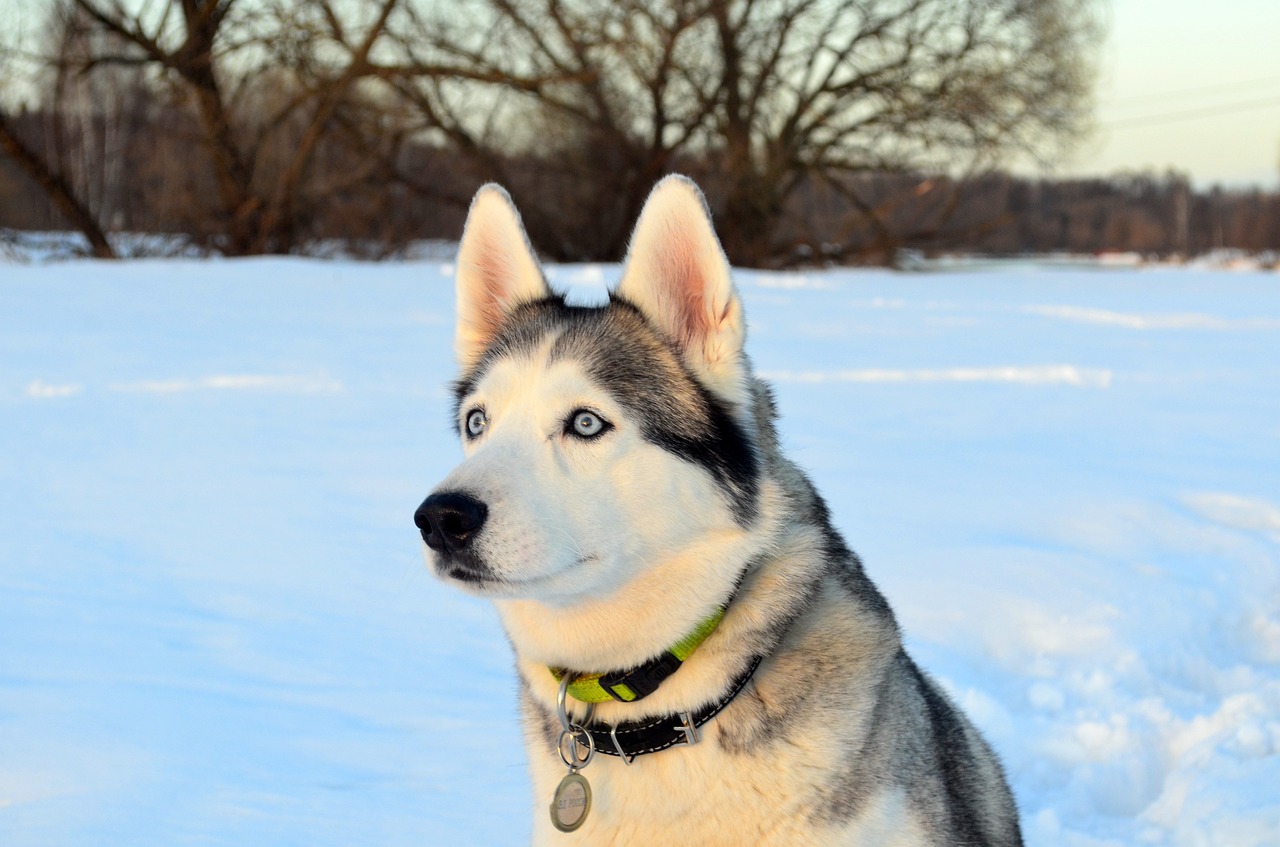
2. Alaskan Malamute
Similar to the Siberian Husky, the Alaskan Malamute is built for snow and cold. These dogs were historically used for heavy sledding in Arctic territories. Their thick, waterproof coat and strong, muscular build make them exceptionally capable in harsh winter conditions. Malamutes also have a deep chest and powerful shoulders that allow them to plow through snow, and they possess a remarkable endurance for pulling heavy loads over long distances in cold environments.
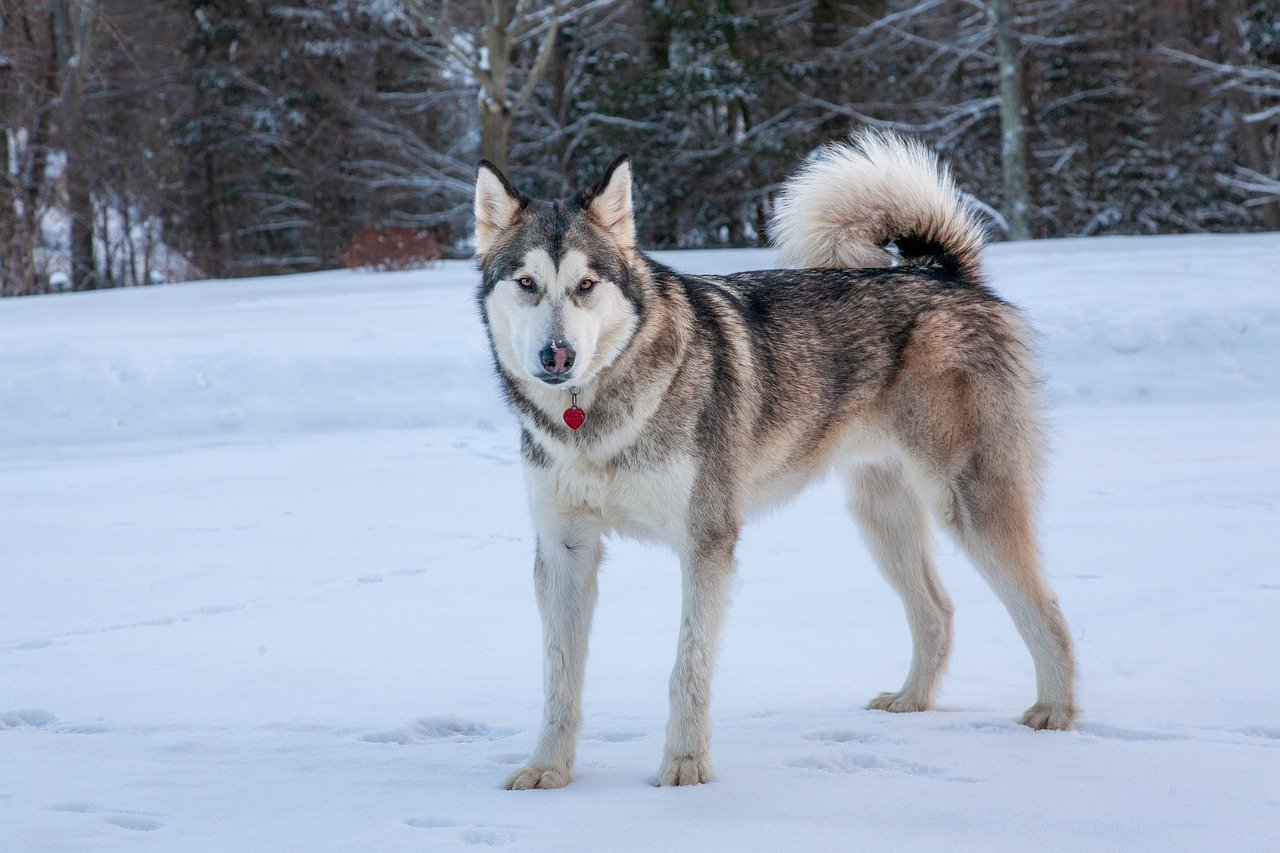
3. Saint Bernard
Saint Bernards are famous for their role as rescue dogs in the snowy Swiss Alps. Their immense size, coupled with a dense, water-resistant coat, makes them ideal for navigating through deep snow. Saint Bernards have a calm and friendly temperament but are also vigorous and powerful, which helps them perform well in cold weather. They are equipped with a keen sense of direction and smell, which historically helped them locate travelers buried under avalanches.

4. Newfoundland
Originally bred to help fisherman in icy waters, Newfoundlands have a thick double coat and a strong, bear-like build that makes them excellent swimmers and capable performers in snowy conditions. Their large paws act like natural snowshoes, distributing their weight effectively to stay on top of snow rather than sinking into it. Newfoundland dogs are not only physically suited for cold climates but also enjoy playing and working in snowy environments.
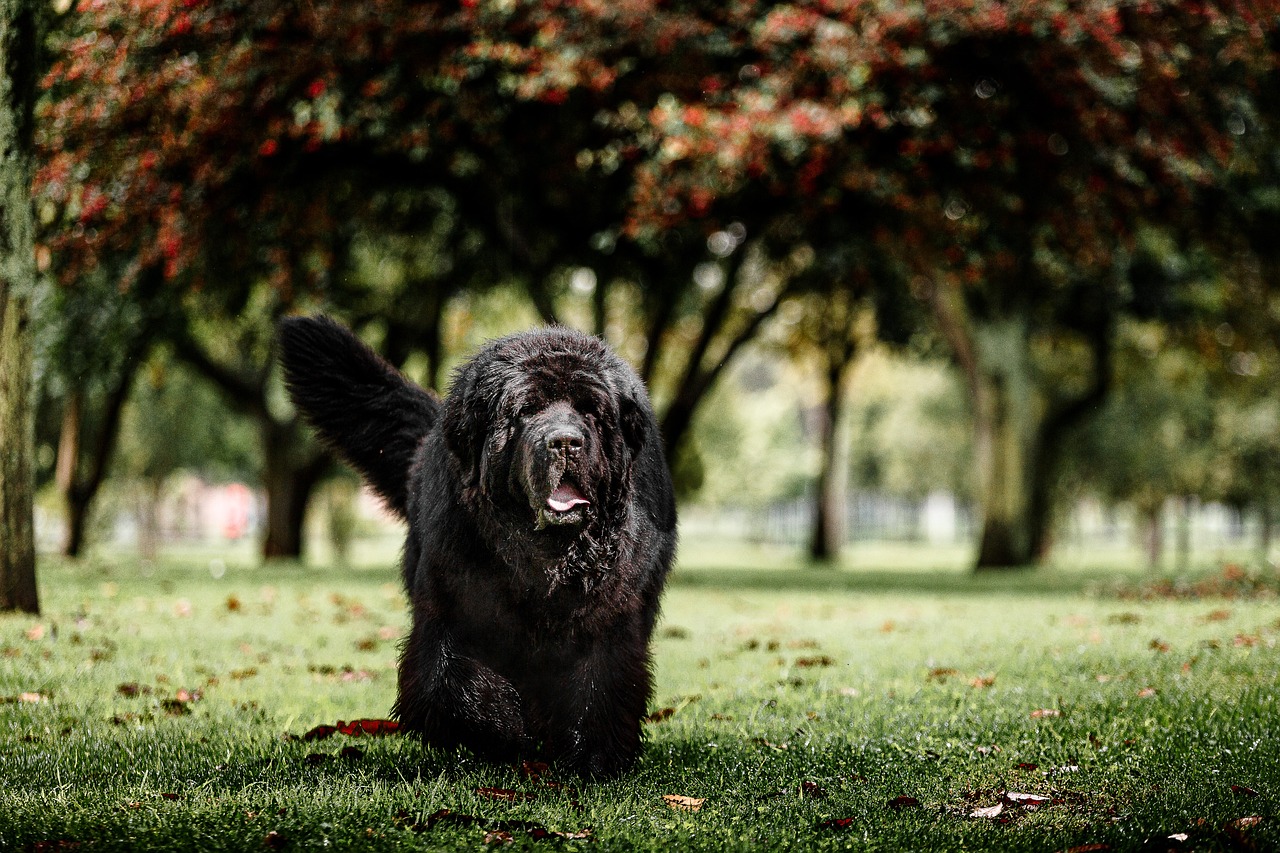
5. Norwegian Elkhound
Norwegian Elkhounds are ancient dogs that have been hunting in cold climates for centuries. They have a thick, protective double coat that insulates them against severe winter weather. Elkhounds are known for their bravery and stamina in the snow, making them excellent hunters of game like moose and bear, even in snowy conditions. Their compact and sturdy body helps them navigate through rough terrains covered in snow.
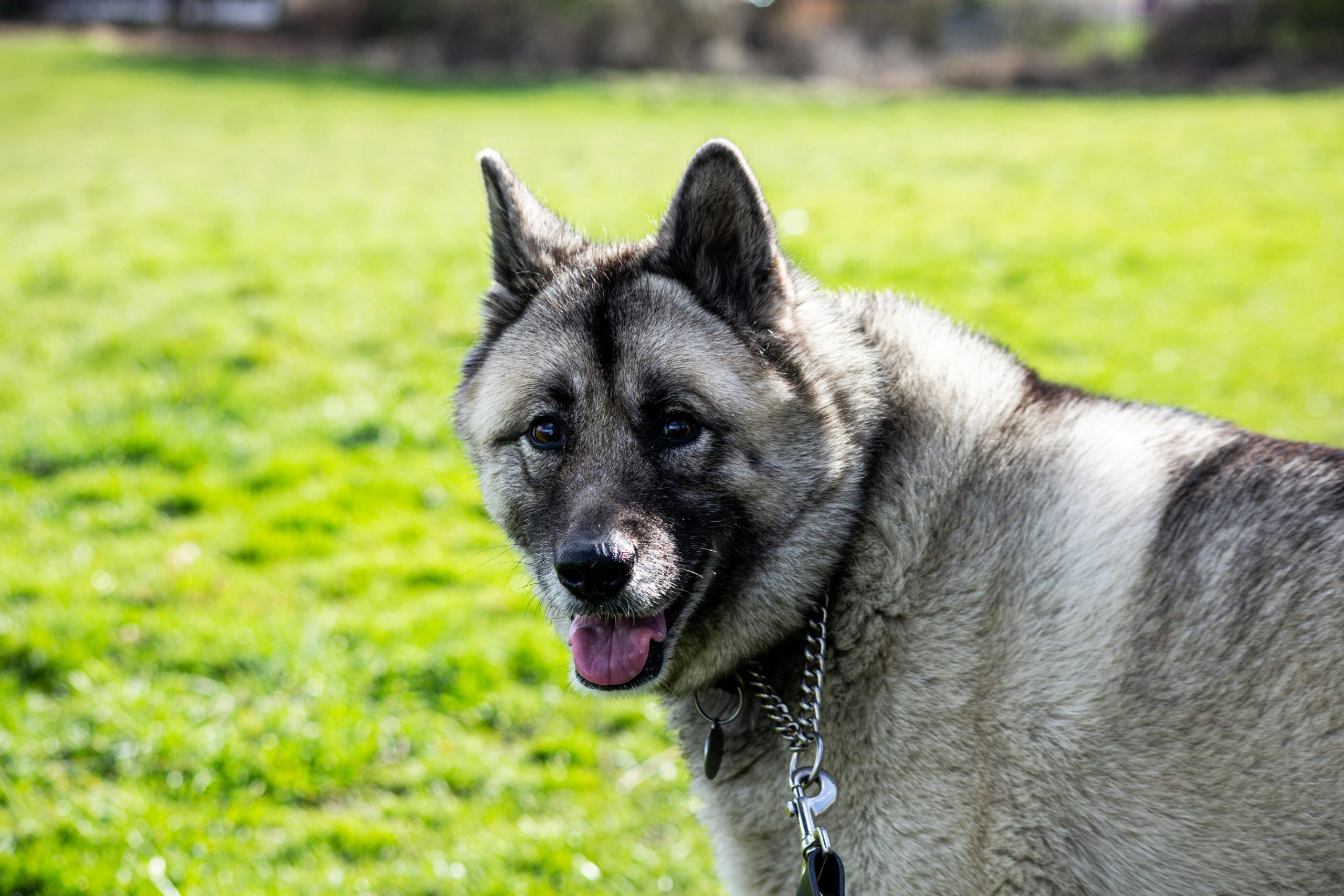
6. Samoyed
Samoyeds, with their smiling faces and fluffy white coats, are more than just beautiful; their dense, double-layer coats were designed to keep them warm in the most frigid environments. Originally used for hunting, herding reindeer, and hauling sleds, Samoyeds thrive in cold weather, thanks to their strong, muscular build and thick coat that protects them from frost and snow.
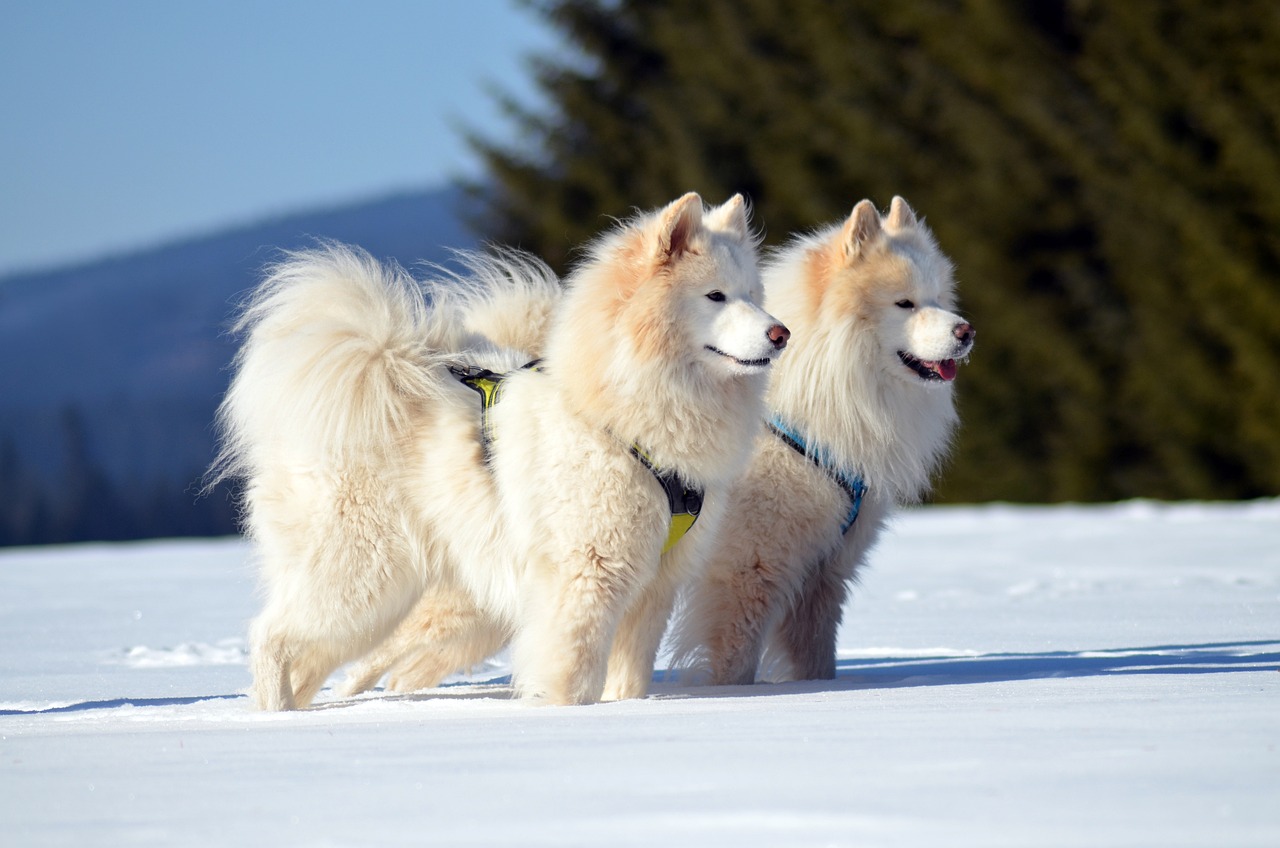
7. Bernese Mountain Dog
Originally from the Swiss Alps, Bernese Mountain Dogs are well-adapted to cold climates. Their long, silky double coat provides excellent insulation, while their sturdy, muscular build helps them navigate snowy landscapes. Bernese Mountain Dogs are known for their strength and endurance, often used historically for pulling carts through mountain passes and snowy trails.
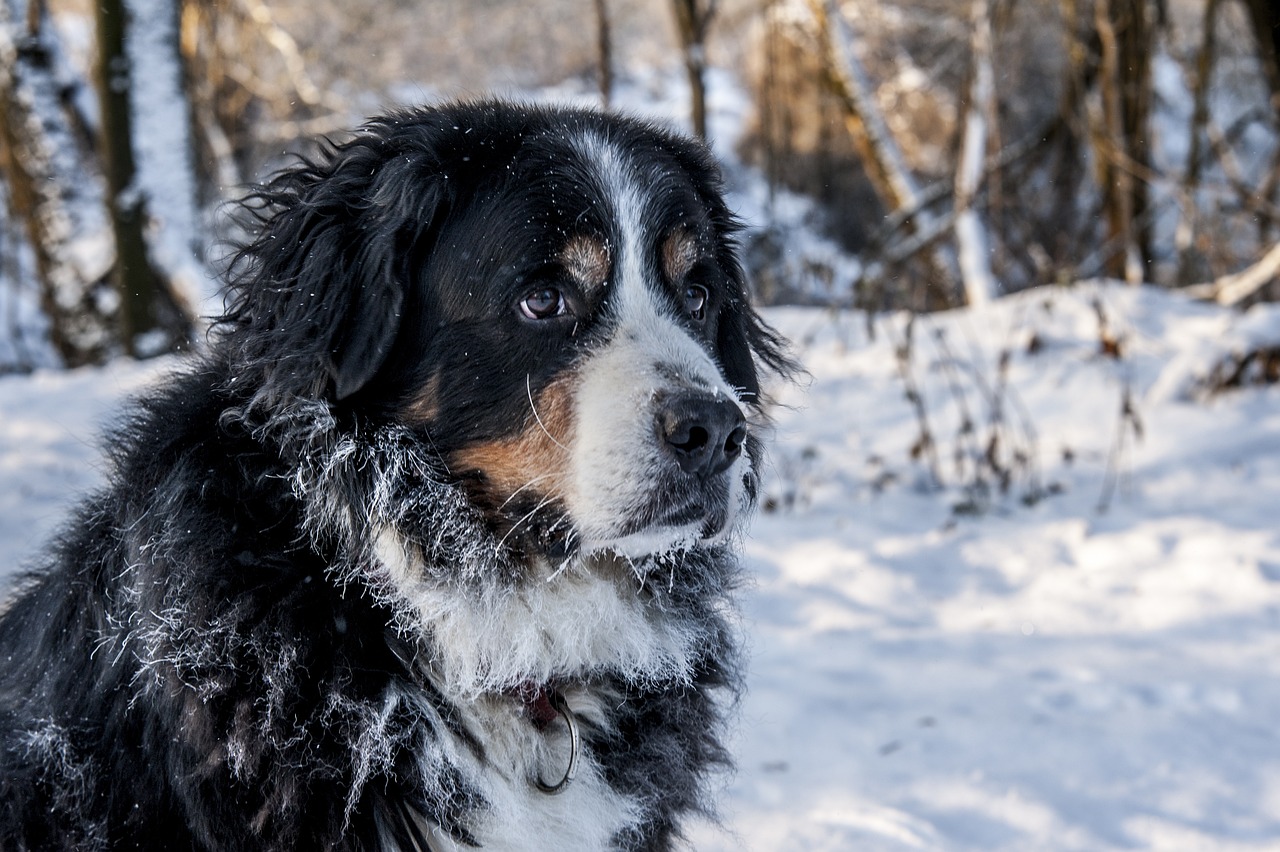
Snow Haters
1. Chihuahua
Chihuahuas are well-known for their dislike of cold weather. Their tiny bodies and short coats do not provide much protection against the cold, making them prone to shivering and discomfort when temperatures drop. Chihuahuas prefer warmer climates and are often seen wearing sweaters or jackets during winter months to help them retain heat.
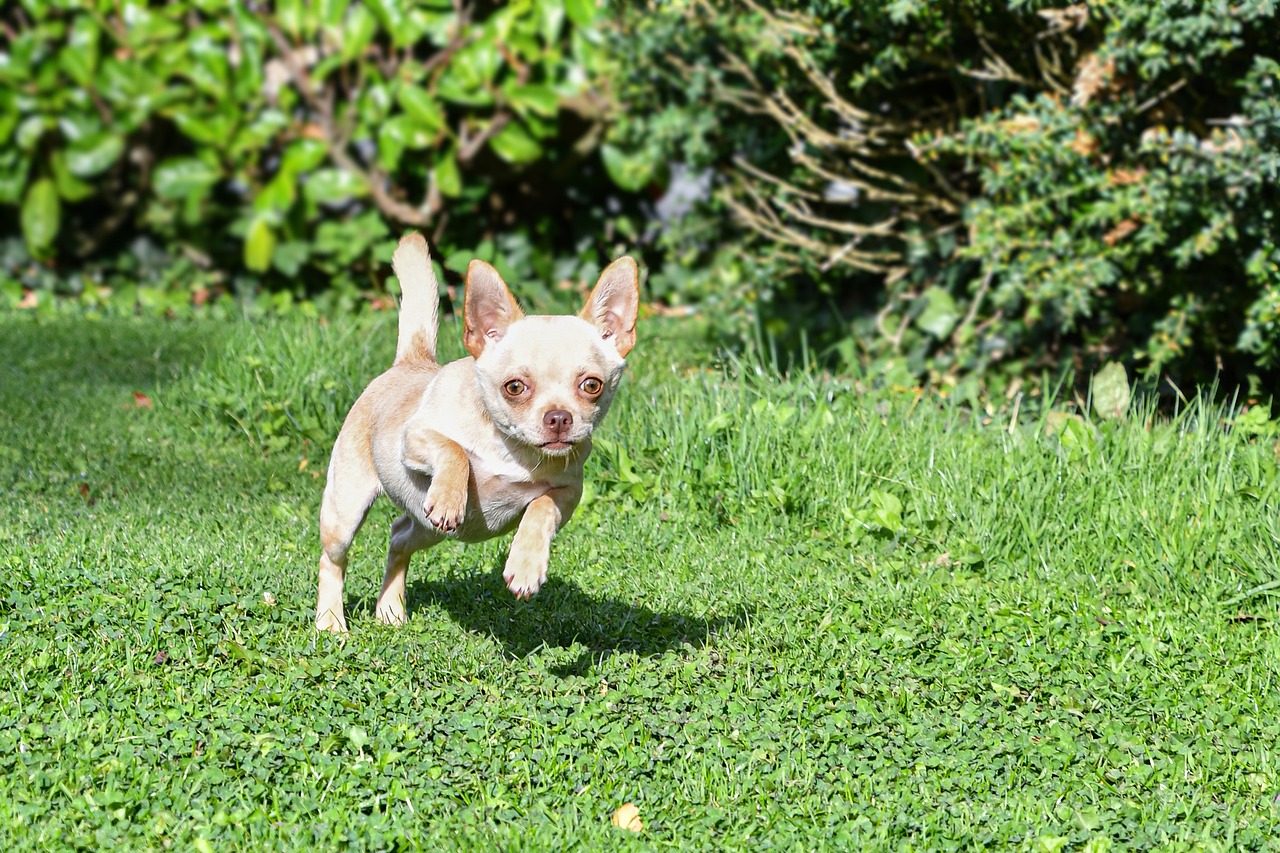
2. Greyhound
Greyhounds, with their extremely lean bodies and short coats, are not suited for cold weather. They lack the body fat necessary to insulate against the cold and are more prone to hypothermia. Greyhounds are built for speed rather than endurance in harsh climates, preferring a warm, cozy spot indoors over a snowy adventure.
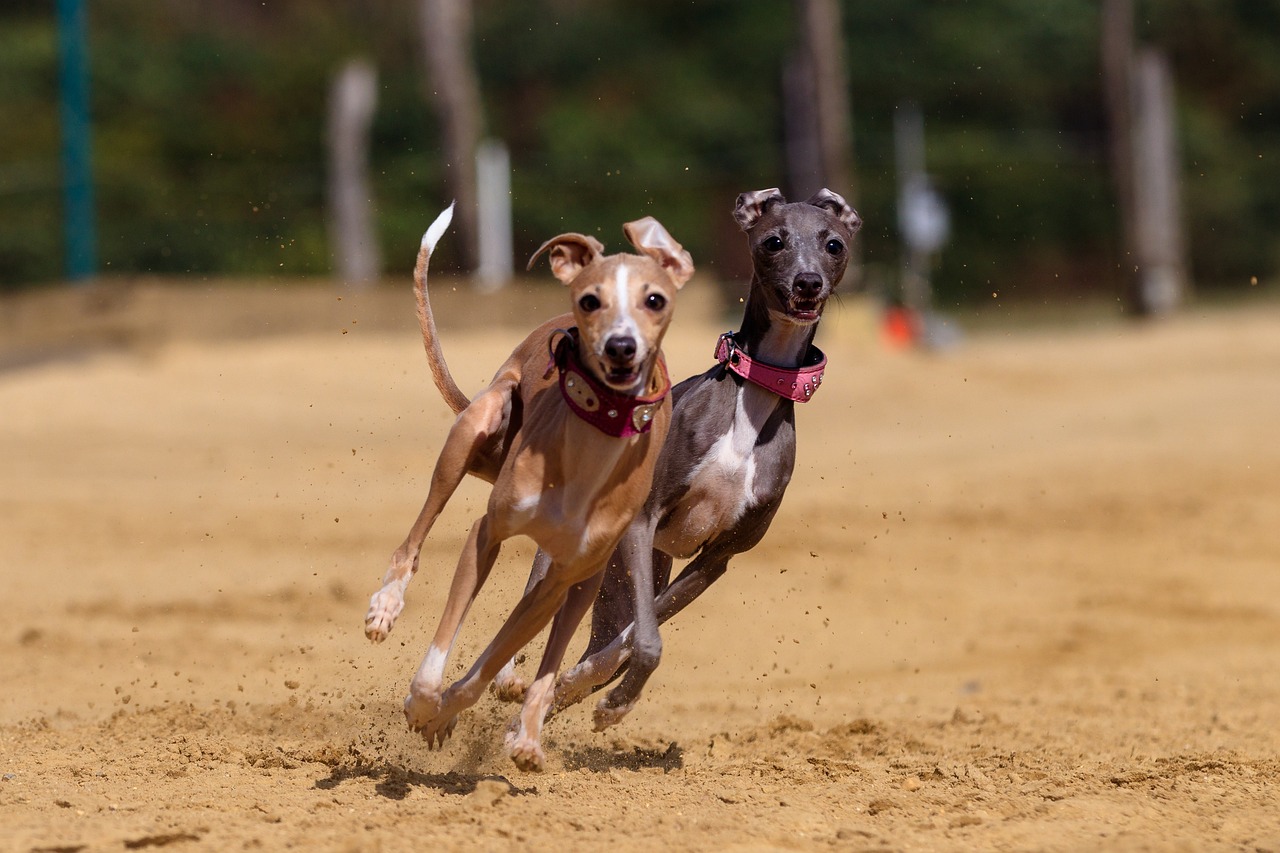
3. Doberman Pinscher
Doberman Pinschers are another breed that struggles in cold weather due to their short coats and lean builds. They lack the insulating fat and fur needed to cope with low temperatures, making them uncomfortable in snowy conditions. Dobermans are energetic and active but prefer to exercise in a climate-controlled environment during the winter months.
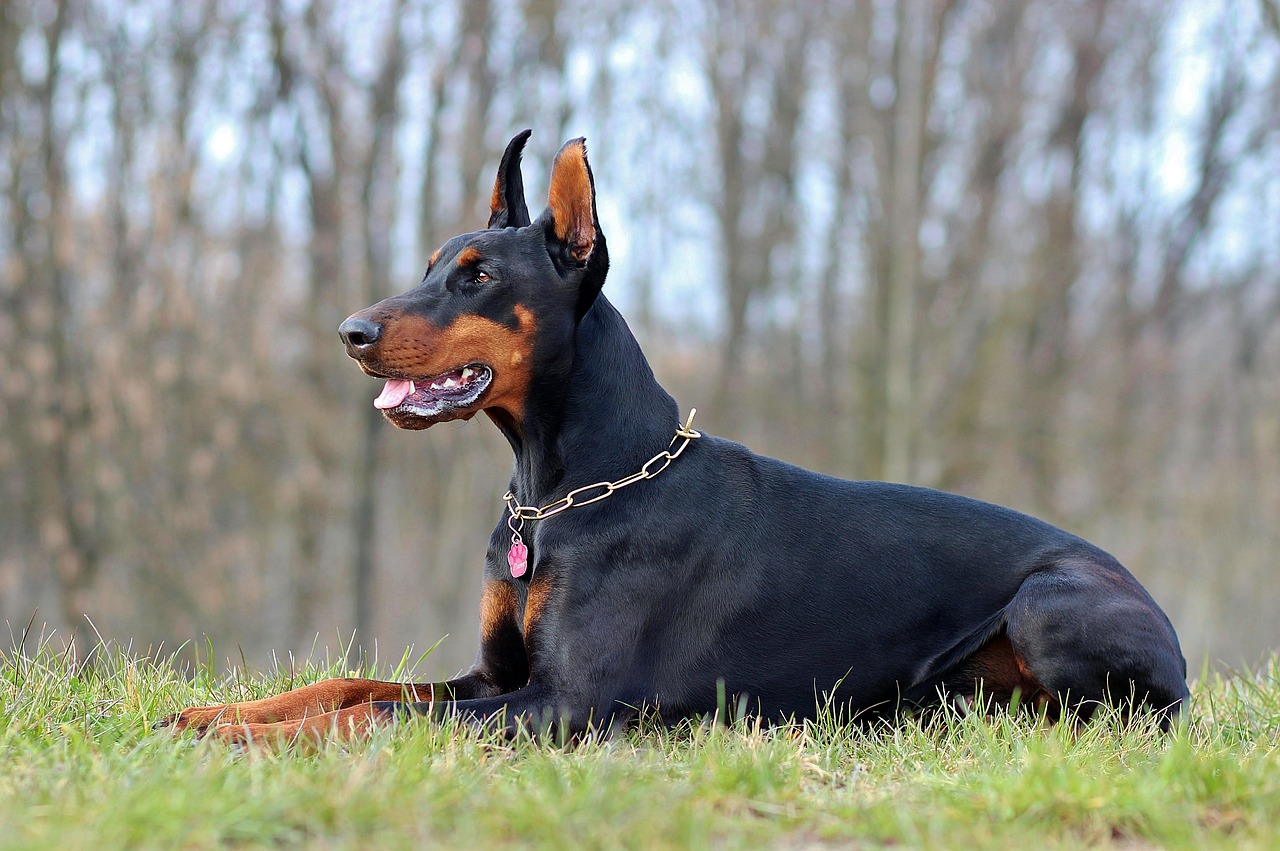
4. Boxer
Boxers, with their short noses and lean bodies, are also ill-equipped for cold weather. They can quickly become chilled due to their short fur and minimal body fat. Boxers may enjoy a quick romp in the snow but are generally happier when they can stay warm and dry indoors.

5. Whippet
Whippets are similar to greyhounds in their intolerance for cold. Their short coats and slim builds make it difficult for them to maintain body heat in cold weather. Whippets are fast and energetic but are best suited to milder climates where they can run without risk of cold-related health issues.

Choosing the right dog for your climate is crucial for their health and happiness. For those living in snowy regions, selecting a breed that thrives in cold weather can lead to a more active and fulfilling relationship with their pet. Conversely, for dogs that dislike snow, owners should take precautions during the winter months to keep their pets warm and comfortable. Understanding and accommodating the climate preferences of different breeds ensures that all dogs can enjoy a high quality of life, regardless of the weather.
 Toledo, United States.
Toledo, United States.